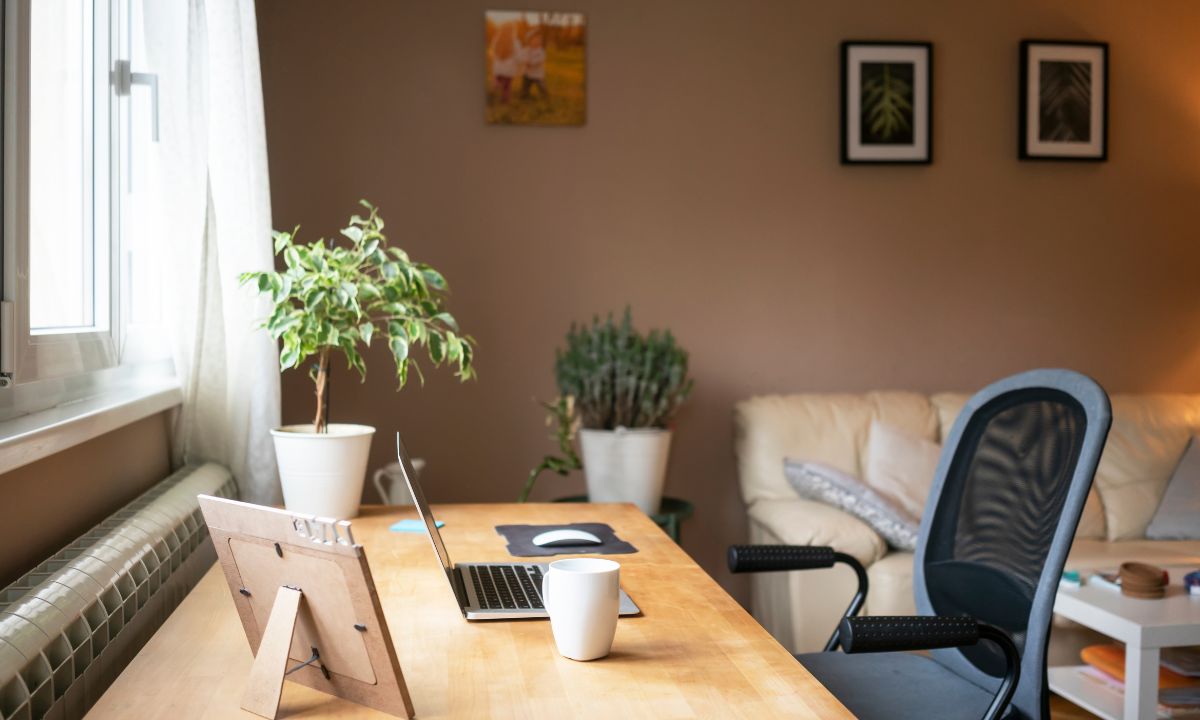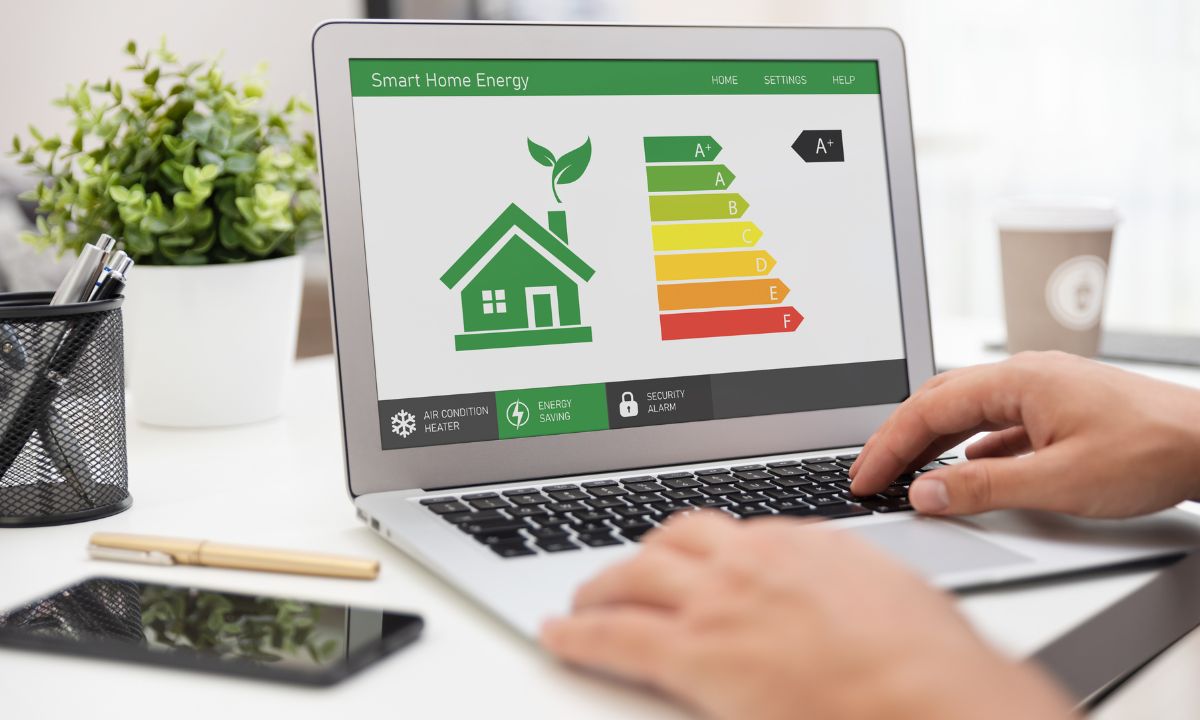Tips for a More Productive and Comfortable Home Office Space
 As remote work continues to progress, having a well-designed home office is more than just a luxury, it has become a necessity. A thoughtfully created workspace can increase productivity, boost creativity, and promote overall well-being. As a mortgage originator, I’ve seen how creating a productive environment impacts work-from-home efficiency and comfort. Whether you’re setting up a corner nook or dedicating an entire room, here are six practical ideas to transform your home office into an ideal place to get things done.
As remote work continues to progress, having a well-designed home office is more than just a luxury, it has become a necessity. A thoughtfully created workspace can increase productivity, boost creativity, and promote overall well-being. As a mortgage originator, I’ve seen how creating a productive environment impacts work-from-home efficiency and comfort. Whether you’re setting up a corner nook or dedicating an entire room, here are six practical ideas to transform your home office into an ideal place to get things done.
1. Pick the Perfect Spot
The location of your home office can greatly affect your ability to concentrate and stay productive. Pick a quiet, well-lit spot that minimizes distractions. Ideally, place your desk near a window for natural light, which can elevate your mood and improve focus. Natural light not only reduces eye strain but also promotes a sense of well-being, helping you tackle your workday with renewed energy.
2. Prioritize Ergonomic Comfort
Your comfort shouldn’t be overlooked when setting up your home office. Ergonomic furniture, like a supportive chair and a desk suited to your height, makes a huge difference during long hours of work. Ensure that your computer screen is at eye level to prevent neck strain and consider using an ergonomic keyboard and wrist support. Investing in your comfort will pay off in productivity and physical well-being.
3. Bring in Nature’s Touch
Incorporating greenery into your home office can do wonders for your mental state. Plants not only brighten up your space but have also been shown to boost productivity, reduce stress, and purify the air. Select low-maintenance options like succulents, snake plants, or peace lilies that thrive indoors. Their calming presence can help create an inviting, fresh environment.
4. Make It Personal
One of the joys of a home office is the ability to tailor it to your unique preferences. Personalize your workspace with items that inspire you, such as photos, art pieces, or even motivational quotes. A personalized space can elevate your mood and make work feel more enjoyable, helping you maintain focus and enthusiasm throughout the day.
5. Stay Organized and Declutter
A clutter-free workspace is key to maintaining a clear mind. Invest in shelves, drawers, or file organizers to keep your essentials in order. Less clutter reduces distractions, helps you find what you need quickly, and can enhance your ability to stay focused on important tasks. Regular tidying up will help maintain a sense of order and productivity.
Designing your home office is about creating a space that goes beyond function—it should energize, inspire, and support your best work. By choosing an ideal location, investing in ergonomic furniture, bringing in natural elements, personalizing your environment, keeping it organized, and optimizing lighting, you can craft a space where productivity and comfort come together effortlessly. As you work from your home office, remember that a well-thought-out design is an investment in your well-being and professional success.
Top of Form

 What is a Green Mortgage?
What is a Green Mortgage? Home renovations can be an effective way to protect your home and family from natural hazards. Start by identifying the potential hazards in your area. This can include natural disasters such as earthquakes, hurricanes, floods, wildfires, and tornadoes, as well as man-made hazards such as gas leaks and fires. Once you’ve identified the potential hazards in your area, create a plan for how you will respond to them and prepare your home to take on these natural disasters and keep your home and family safe.
Home renovations can be an effective way to protect your home and family from natural hazards. Start by identifying the potential hazards in your area. This can include natural disasters such as earthquakes, hurricanes, floods, wildfires, and tornadoes, as well as man-made hazards such as gas leaks and fires. Once you’ve identified the potential hazards in your area, create a plan for how you will respond to them and prepare your home to take on these natural disasters and keep your home and family safe.